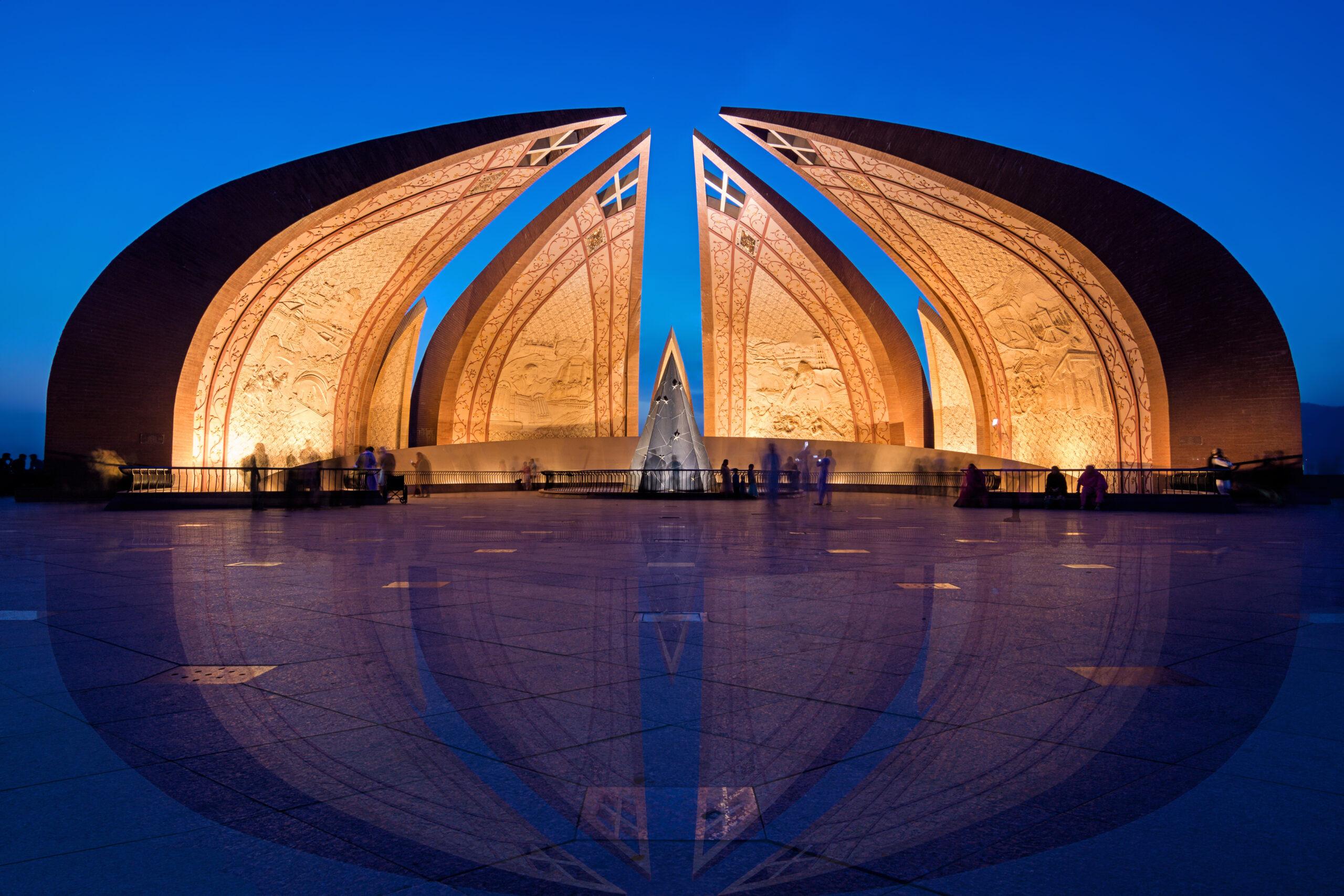
PAST EVENT – Pakistan at Crossroads: Navigating Challenges in a Volatile Region and the Potential of EU-Pakistan Relations
The European Institute for Asian Studies (EIAS) and the European External Action Service organised an in-person Seminar on “Pakistan at Crossroads: Navigating Challenges in a volatile region and the Potential of EU-Pakistan Relations”. The event was organised on the occasion of a visiting delegation of senior journalists from Pakistan to Brussels and was complemented by views from the European External Action Service. The seminar took place at EIAS (Rue de la Loi 26, 10th floor, B-1040 Brussels – Belgium) on Thursday, 6 July 2023 from 15:00 to 17:00 and was followed by a networking reception.
Date: Thursday, 6 July 2023
Time: 15:00-17:00
Registration: 14:30-15:00
Venue: EIAS Brussels (In-person)
Programme:
14:30 – 15:00 Registration
15:00 – 15:15 Welcoming Remarks by the chair
- Lin Goethals, Director, European Institute for Asian Studies
15:15 – 16:15 Panel Discussion with
- Hamid Mir, Senior Journalist, Columnist and Writer, Geo News, Washington Post, Guardian
- Maria Memon, Journalists and TV Anchor at ARY News
- Mehmal Sarfraz, Journalist, Political Analyst and Co- Founder of ‘The Current’
- Shahbaz Anwaar Rana, Economic and Foreign Affairs Analyst, Daily Express Tribune, co-host of the Express News show ‘The Review’ and founding Member of the South Asian Society of Economic Reporters (SASER)
- Deren Derya, Head of Division for Afghanistan and Pakistan, European External Action Service
16:15 – 17:00 Interactive Q&A session with the audience
17:00 – 18:00 Networking Reception
Pakistan at a Crossroads: Navigating Challenges in a volatile region and the Potential of EU-Pakistan Relations
As the fifth most populous country in the world, located in a volatile region between South and Central Asia, Pakistan finds itself at a critical juncture, grappling with a multitude of challenges across the realms of security, climate change, economics and politics. Heavily impacted by the Taliban takeover of Afghanistan, terrorism in Pakistan has resurged, raising security concerns for stability in the country and the region. Pakistan is extremely vulnerable to climate change, posing a significant existential threat to the country’s fragile ecosystem and its citizens’ livelihoods. National disasters like the 2022 floods affecting a third of the country are likely to occur at a higher frequency and severity in the future. Moreover, Pakistan’s population is facing persistent inflation at record levels, while the country is on the verge of default. Given the ongoing turmoil on the political front uncertainty remains over the upcoming national elections, which are ought to be held by October 2023. While the broad ruling coalition faces discontent due to the multiple crises in the country, the former Prime Minister ousted in 2022 still enjoys popular support, while risking to be disqualified from running for the elections.
Despite its dire economic situation, the EU is Pakistan’s largest export destination, with exports consisting mainly of textile and clothing. Since the country was granted GSP+ status (Generalised System of Preferences) by the EU in 2014, exports have grown by 64%. While the EU is currently reviewing its GSP trading scheme and conditions, it is also reassessing Pakistan’s GSP+ status in view of the implementation of the 27 internationally recognised conventions related to human rights, good governance, labour rights and environmental protection.
Facing these multiple crises, what does the future hold for the people of Pakistan? This seminar will shed light on the possible implications for the region and for EU–Pakistan relations, as well as the situation of the media in Pakistan and what role it can play in finding possible solutions, drawing on vast expertise from journalism in Pakistan.
Photo Credits: Wikimedia Commons
